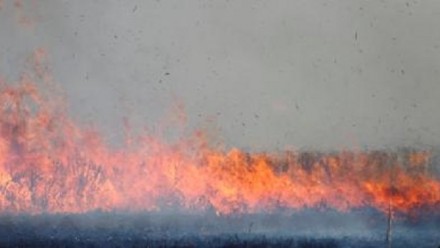Climate adaptation: to transform or not transform. A salutary case study
The Podcast from this event available here
There is increasing interest (perhaps even hype) in transformational adaptation to climate change in agriculture, i.e. adaptation that involves large-scale, novel responses to reduce vulnerability to climate risks.
Transformational adaptation is less well understood than incremental adaptation, since there are few studies of agricultural enterprises making transformative changes in response to climatic change.
This presentation covers an in-depth, longitudinal study of an agricultural company’s attempt to implement transformational adaptation in response to climate change. We document:
1) the expansion into new locations to try to manage apparent increasing climate risk in the main growing areas,
2) the subsequent contraction due to a change to a business model and governance which did not account for climate risk to the same extent and
3) the recent subsequent high vulnerability of the company to climate risk.
The study illustrates that transformational adaptation in agriculture is difficult, complex, risky and costly and sometimes ‘unsuccessful’, revealing some of the challenges of and barriers to organisational adaptation in agriculture, especially when moving to a new location. It also highlights the importance of being clear about success metrics.
About the Speaker
Professor Mark Howden is Director of the Climate Change Institute CCI) at the Australian National University. His work has focused on climate impacts and adaptation for systems we value: agriculture and food security, the natural resource base, ecosystems and biodiversity, energy, water and urban systems.
He helped develop the national and international greenhouse gas inventories and has assessed sustainable ways to reduce emissions. Mark has partnered with many industries, community and policy groups via both research and science-policy roles here and overseas and has over 400 publications. He has been a major contributor to the IPCC since 1991, now being a Vice-Chair of IPCC Working Group 2. View his CCI profile here.








